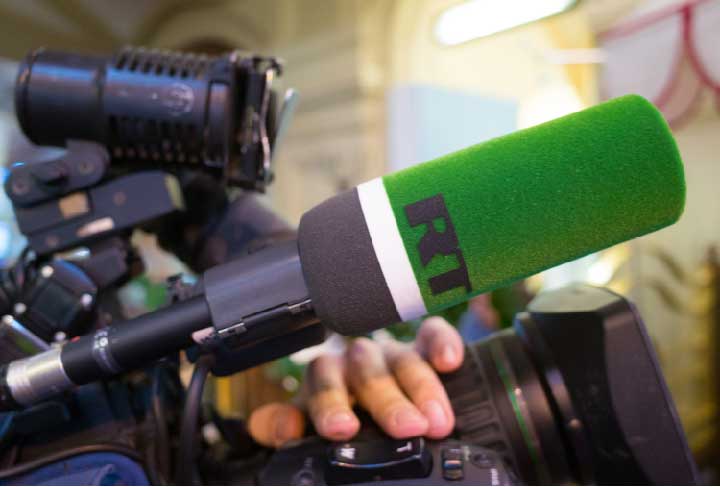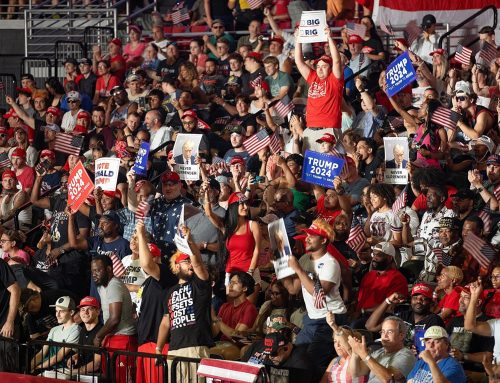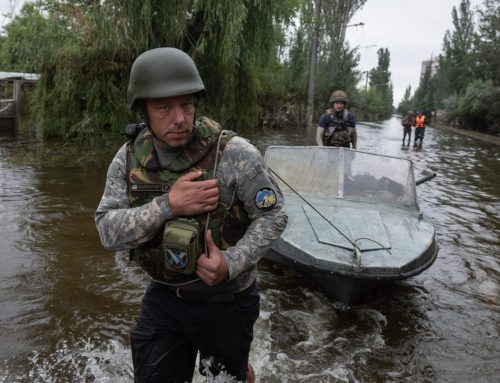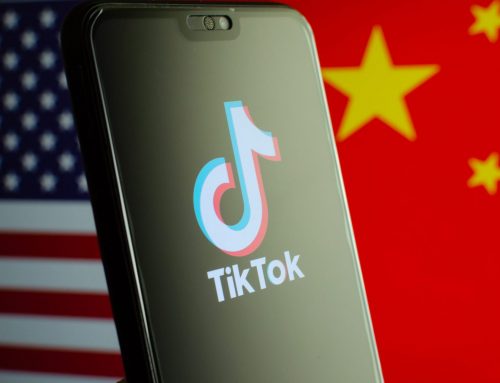Russian state media and diplomats sought to characterize the attribution of the SolarWinds hack that affected multiple U.S. government agencies and private sectors companies to Russia as part of the tradition of the United States blaming Russia for its problems. This narrative was accompanied by denials of Russian involvement and questions about the credibility of those accusing Russia, with particular ire directed at the “mainstream media.” Russian messengers also responded to new details about the poisoning of Russian opposition figure Alexey Navalny earlier this year, maintaining that the Kremlin was not involved in the incident and leveling substantial criticism at the organizations that published the reports. Finally, Russian state media continued its pattern of coronavirus coverage last week, touting the Sputnik V vaccine and in some instances claiming that it is superior to Western ones. State media emphasized safety-related incidents in the Pfizer-BioNTech vaccine rollout, concerns about ways of tracking immunizations in the West, and inequalities affecting vaccine distribution. A small amount of content continued to lament that the West is allegedly ignoring the Russian vaccines.
On the China dashboard, diplomats and state media accounts commemorated the December 13 anniversary of the Nanjing massacre, during which over 300,000 Chinese people were killed by the Japanese army, by posting remembrances of the event. The Global Times, however, chose instead to use the anniversary to publish a graphic image (representing the Yasukuni shrine in Japan that houses WWII officers bloodily crushed by the commemoration monument in Nanjing) by the same designer who produced the Australian soldier photomontage that caused an uproar two weeks ago. The Global Times also pointed to bias from Twitter, accusing the social media platform of censoring pictures of the massacre while allowing denialists to run rampant on the platform. China Daily and CGTN (in French and Spanish) later repeated the same attacks against Twitter. Like Russia, China also continued its vaccine diplomacy push, as evidenced by the fact that four of the ten most-used hashtags last week were connected to the coronavirus. Chinese diplomats were particularly active in promoting China’s vaccine advances in their respective host nations, including in the Philippines, Grenada, Botswana, Nigeria, and Australia, among others. The implicit message in this outreach is that China is filling the humanitarian void left by the West.
Iranian diplomats last week continued their drumbeat of criticism over the U.S. withdrawal from the Iran nuclear deal, while emphasizing that saving the deal is in the hands of the European signatories and that renegotiation is off the table. Supreme Leader Khamenei also explicitly threatened further revenge for the assassination of General Soleimani, noting that “this revenge will certainly happen at the right time.”
The views expressed in GMF publications and commentary are the views of the author alone.








